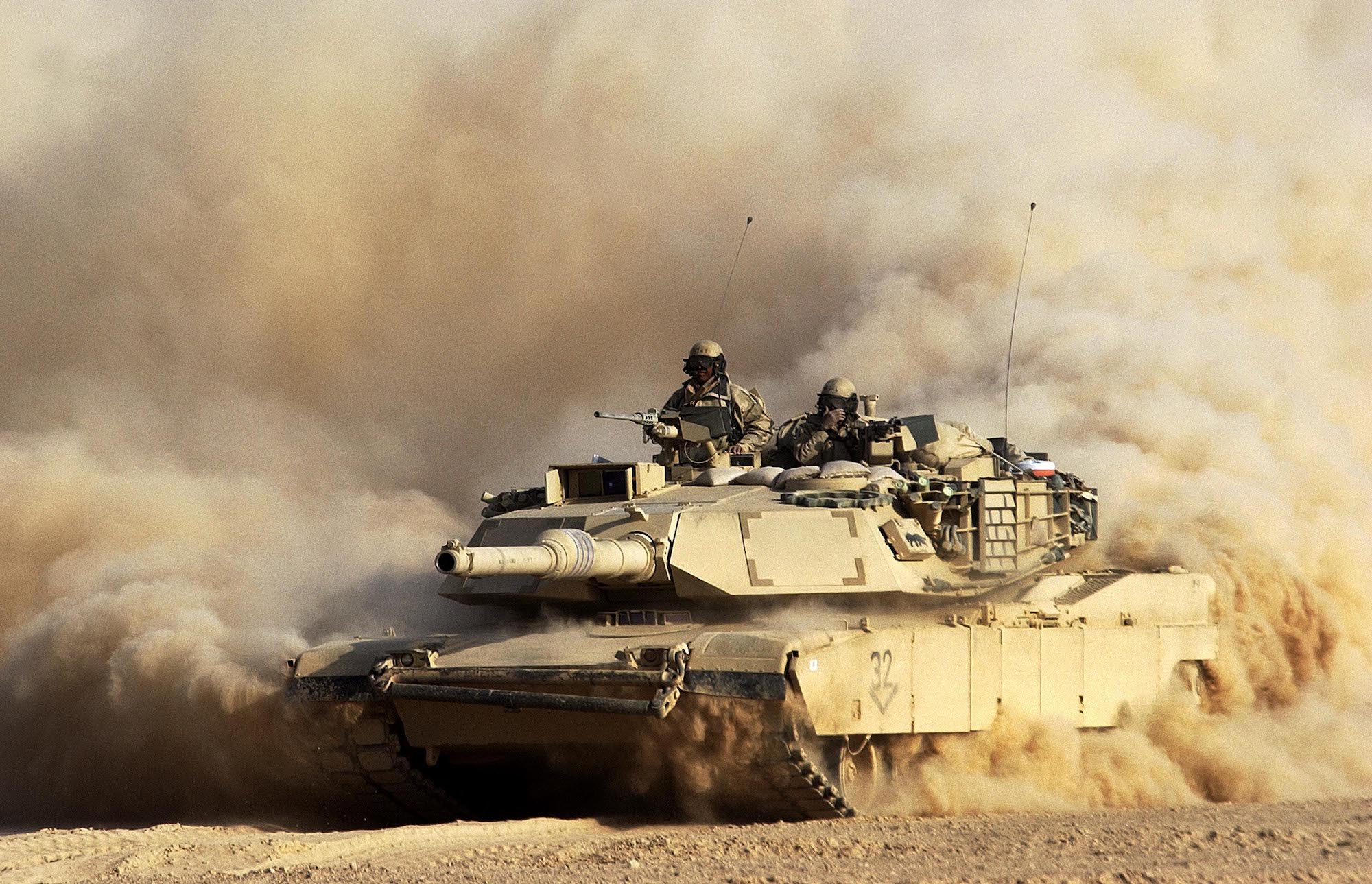War has historically acted as a catalyst for profound transformation, imbuing individuals and communities with experiences that are often simultaneously harrowing and enlightening. In the context of the Bahá’í teachings, the implications of warfare resonate deeply, echoing the core tenets of unity, peace, and the sanctity of human life. This discourse aims to elucidate the multifaceted repercussions of war as articulated through Bahá’í principles, reflecting on both personal and collective experiences.
To begin, understanding the Bahá’í perspective on war necessitates an examination of the principle of oneness. This foundational belief posits that humanity is a single entity, where the welfare of the individual cannot be dissociated from the welfare of the collective. Consequently, war, which inherently disrupts the social fabric and inflicts suffering upon both combatants and non-combatants, stands in stark contradiction to this principle. The Bahá’í teachings implore individuals to cultivate a sense of global citizenship, underlining that the ramifications of war do not confine themselves to geographical or political boundaries. The devastation witnessed in one nation reverberates across the globe.
Furthermore, the experience of war often unveils profound revelations about the nature of human existence. Many individuals, through the crucible of conflict, discover previously untapped reservoirs of resilience, empathy, and solidarity. The Bahá’í writings emphasize the importance of harnessing these attributes to foster reconciliation and healing. War serves as a paradoxical teacher; while it inflicts physical and emotional trauma, it simultaneously ignites a fervent desire for peace and understanding. It prompts the question: What lessons can humanity derive from the harrowing specter of war?
Reflecting on personal experiences of conflict, individuals may recount a myriad of transformative moments. The dislocation stemming from warfare forces a reevaluation of one’s values and priorities. In the face of adversity, the burgeoning realization of interconnectedness becomes palpable. The bonds forged in the crucible of shared hardship can transcend ethnic, religious, and national affiliations. This notion is deeply enshrined in Bahá’í thought, where the fostering of unity amidst diversity is not merely an ideal but a practical necessity for the advancement of civilization.
Moreover, the psychological aftermath of war cannot be overstated. Many individuals grapple with trauma, anxiety, and loss. The Bahá’í writings promote the practice of spiritual reflection as a means to navigate these turbulent waters. Through prayer, meditation, and community support, individuals can begin to dismantle the psychological barriers erected by the scars of conflict. This healing process transcends individual suffering, fostering a collective resilience that is vital for rebuilding societies ravaged by war. The emphasis on community engagement within Bahá’í teachings underscores the shared responsibility to support one another during times of turmoil.
In addition to personal transformation and psychological healing, the societal impacts of war must also be examined through a Bahá’í lens. The chasm created by conflict often begets divisions that can last generations. The teachings advocate for the establishment of true justice, positing that only through equitable treatment of all individuals can lasting peace be attained. Social justice emerges as a pivotal theme in the aftermath of war, with the Bahá’í community called to engage in efforts aimed at restoration and reconciliation. This may manifest in various forms, such as educational initiatives, humanitarian efforts, or dialogues aimed at addressing grievances and fostering mutual understanding.
Importantly, the narrative of war is not exclusively one of loss and destruction; it can also serve as a crucible for innovation and progress. The quest for peace, heavily catalyzed by the horrors of war, has historically engendered new frameworks for conflict resolution and diplomacy. Bahá’í teachings emphasize the critical importance of adopting a proactive stance toward peacebuilding, urging individuals to engage in activities that promote harmony, justice, and solidarity. The lessons learned from the vicissitudes of war can be transformed into actionable strategies for preventing future conflicts.
Furthermore, the preservation and promotion of cultural heritage are often casualties of war. The Bahá’í teachings advocate for the recognition and respect of cultural diversity. Amidst the tumult, efforts to protect and celebrate cultural expressions become acts of defiance against the forces that seek to diminish humanity’s collective heritage. Artistic endeavors, literature, and collective memory serve as vessels for healing and understanding, reinforcing the notion that even in the darkest times, the light of human creativity can shine through.
In summation, the Bahá’í perspective on war encapsulates a complex interplay between suffering and growth, destruction and creation. Individuals and societies affected by war are presented with an opportunity to rise above their circumstances, fostering a deeper understanding of unity and solidarity. Embracing the teachings of Bahá’u’lláh, it becomes evident that the road to lasting peace is paved with the bricks of justice, love, and reconciliation. The narrative of war is not solely one of despair; it is also a profound call to action, an invitation to build a world where peace prevails and the oneness of humanity is cherished.
As we reflect on the question of what war did to us and what it did to me, it is imperative to remember that this journey toward understanding is ongoing. Each individual’s experience, though unique, contributes to a collective consciousness that aspires toward a more harmonious existence. Through the lens of Bahá’í teachings, the hope for a world free from conflict and embracing unity becomes not just a dream, but a tangible goal born from the ashes of war.
